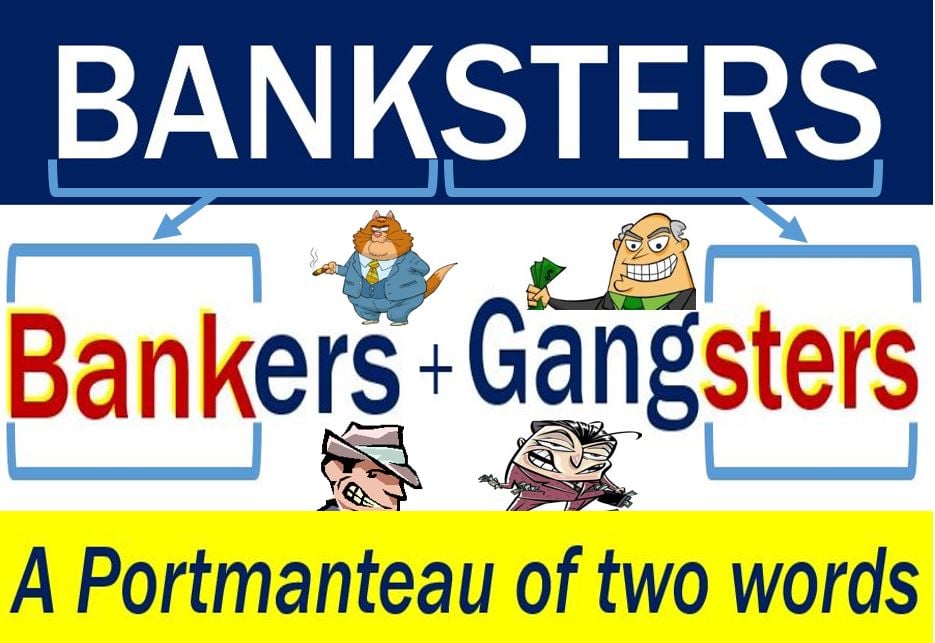Banksters can mean greedy, reckless bankers as well as corrupt and dishonest financial people performing illegal activities. The term is a play on the words ‘bankers’ and ‘gangsters.’ In other words, it is a portmanteau of the two terms.
Put simply; banksters are bankers who make money by unethical, dishonest, or fraudulent means.
‘Banksters’ first used in the 1930s
The term ‘banksters’ emerged in the 1930s. Sicilian-born lawyer Ferdinand Pecora, chief counsel to the US Senate Committee on Banking, first coined the term. Pecora first used it while he was investigating the origins of the 1929 Wall Street Crash.
Harvard Prof. William Z. Ripley had condemned many reckless and illegal practices. Pecora subsequently exposed many of those practices.
While Prof. Ripley used several colorful terms to describe the illegal activities, Pecora simply described them as ‘banksters.’
Prof. Ripley included such terms as “prestidigitation, double-shuffling, honey-fugling, and hornswoggling.” He also used the word ‘skullduggery’ in his descriptions.

From Fed backers to dishonest bankers
Twentieth-century right-wing American politicians described supporters of the US Federal Reserve System as banksters. The US Federal Reserve System (Fed) is America’s central bank.
Members of the Austrian School of Economics saw the Fed as something between a scam and a conspiracy. In fact, they viewed the Fed supporters as both gangsters and bankers.
Today, however, the term refers to bankers who pursue aggressive risk reward strategies. Put simply; banksters do not care about the potentially disastrous effects of their actions on other people. In this context, other people include investors, shareholders, and other stakeholders.
A modern example of a bankster is Bernard Madoff, whose deceitful Ponzi scheme lost $50 billion of other people’s money.
After the 2007/2008 global financial crisis had hit, the term became popular again in the media. Journalists used the term to describe bankers, such as those involved in the US subprime loan scandal, who exploited people.
An article in the Economist in 2012 titled ‘Banksters’ talked about Britain’s rate-fixing scandal, suggesting that it might spread.
Not only are banksters people who work in finance today, but also in industry. For example, the Enron scandal, which eventually led to the bankruptcy of the Enron Corporation.
